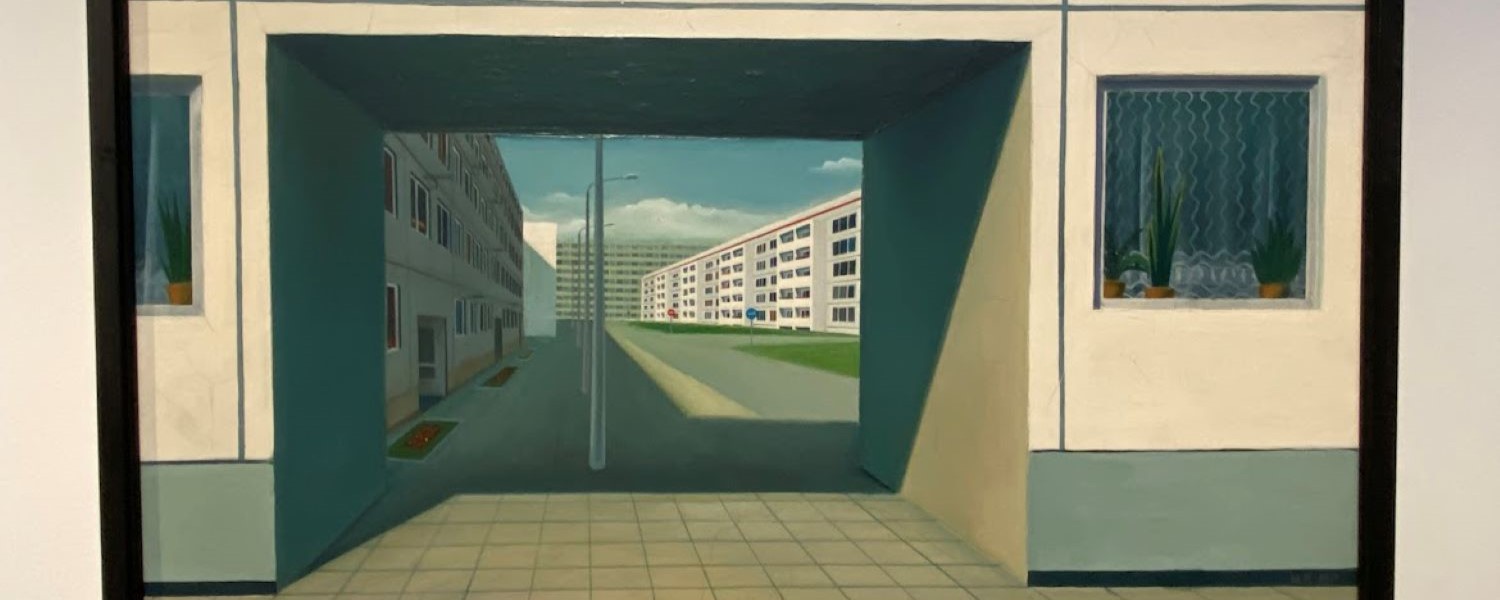It might come as a surprise to learn that Scotland’s creative industries make up the country’s second biggest growth sector, after energy. But as well as making significant economic contributions, the creative sector is important on its own terms, with practitioners deploying their imagination, skills and expertise in a wide variety of sub sectors, from architecture and advertising to design and music.
Last month, The Glasgow School of Art (GSA) hosted a conference focusing on the ambitions of Scotland’s creative community. The organisers chose the perfect setting for the conference: for the past 20 years The Lighthouse in Glasgow has been a beacon for Scotland’s creative industries. As well as serving as Scotland’s architecture and design centre, the building has a direct connection to one of Glasgow’s cultural heroes. Designed in 1895 for the Glasgow Herald, The Lighthouse was the first public commission for Charles Rennie Mackintosh.
Scotland’s creative community has a lot to be proud of, but as well as acknowledging success stories in television, computer games and the visual arts, the conference also addressed the shadows that threaten to undermine Scotland’s creative sector.
Defining design and the challenges of precarity
One of these issues was raised by Janice Kirkpatrick, founding director of Graven, one of Scotland’s most successful design studios. Janice observed that the creative community’s difficulty in defining creativity has made it hard to communicate its work to the wider world. This is important, especially when trying to attract young people into the sector. She noted that in England between 2000 and 2018 there was a 79% fall in the number of people studying design. The situation in Scotland isn’t quite as bleak, with a 16% increase in design students. But Janice argued that there is a need to introduce children to art and design at a much earlier stage in their lives so that they can regard the creative sector as a serious career option.
Katrina Brown, founding director of The Common Guild, agreed that schools have a vital role to play in nurturing an affinity for and awareness of the arts. She observed that other countries have adopted a different approach, noting that a friend living in France had complained that their daughter’s school organised visits to art galleries just once a month.
The Common Guild is a dynamic visual arts organisation in Glasgow, and Katrina referenced her experiences to highlight the precarity of the sector. The arts have not been immune to the impact of austerity following the global economic crisis. Galleries have closed, programming has been reduced, and opportunities for artists, invigilators, educators and technicians have shrunk. This matters, Katrina argued, not only because the arts have such positive economic effects, but they also enrich our health, wellbeing and quality of life.
Despite the harsh economic climate, many public bodies recognise the value of the arts, and Katrina offered the example of Dundee Contemporary Arts (DCA), which has become a world class centre for contemporary art and culture. The University of Dundee has demonstrated the importance of supporting the cultural life of the city by investing in DCA, which supports individuals in their artistic endeavours, but also provides them with an income through jobs in the centre’s café and cinema.
Place makers: Glasgow’s Meanwhile Spaces
The conference’s title – Places of Creative Production – took on a special resonance during a presentation by Richard Watson, Commercial Lead at City Property Glasgow, a subsidiary of Glasgow City Council. Like many UK cities, Glasgow’s city centre has been struggling to cope with the impact of online shopping and out-of-town retail centres. Closures have hit the city harder than any other in Scotland, with an alarming rise in the number of vacant properties. In response to these challenges, City Property Glasgow has been working with the council and other agencies to create ‘Meanwhile Spaces’ from empty shops in the city’s High Street and Saltmarket. After being made structurally safe and ready for new tenants, a new leasing strategy was developed, offering the properties for one year, rent-free (all other service, utility and business rates charges still apply).
Since June of this year, the first Meanwhile Space tenants have been moving in, and many of these are members of the Scotland’s creative community, including:
SOGO: a Scottish based bi-annual lifestyle and arts magazine, which promotes and provides a platform for Scottish creative industries and communities.
WASPS: the UK’s largest non-profit studio provider for artists, which will use a Meanwhile Space to support activities in which creators can prosper.
SALTSPACE: a new co-op launched by students and graduates from Glasgow School of Art to support young creatives in their transition from art school into professional practice.
Although the project is still at an early stage, Richard explained that the response of tenants and local residents has been positive, and City Property Glasgow is already working on plans to create Meanwhile Spaces in other parts of the city, and to develop longer-term spaces.
The conference heard a variety of voices and experiences, giving participants the opportunity to learn about a rich diversity of creative activities in Scotland and beyond:
- Professor Andrew Brewerton from Plymouth College of Art, described the establishment of a free school specialising in the creative arts;
- Video games artist and lecturer Andrew Macdonald compared his experience of working in Sweden’s games industry with the games sector in Scotland;
- Writer and broadcaster Stuart Cosgrove explained the approach taken by the Glasgow team in forming a successful bid to become one of Channel 4’s creative hubs.
Forward thinking
Closing the conference, Professor Irene McAra-McWilliam, Director of The Glasgow School of Art, said that the GSA would be happy to organise further events that might build on the ideas arising from the day’s conversations. And she reminded participants that although Scotland’s creative community faces significant challenges, it also has the skills, experience and passion needed to meet them.
Further reading from The Knowledge Exchange blog on culture and creativity:
Share
Related Posts
A recent item on BBC Radio 4’s Today programme generated an unusually high number of responses from listeners. A man who had lost his job in the financial services sector at the age of 57 described his difficulty in trying ....
By Donna Gardiner While free school meals (FSM) have been available in England on a means-tested basis since 1944, recent years have seen a renewed focus upon the potential benefits of providing free school meals to all school-aged children. Currently, ....



